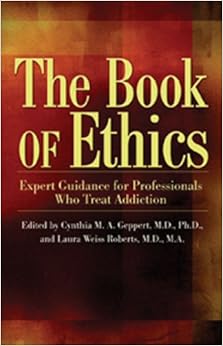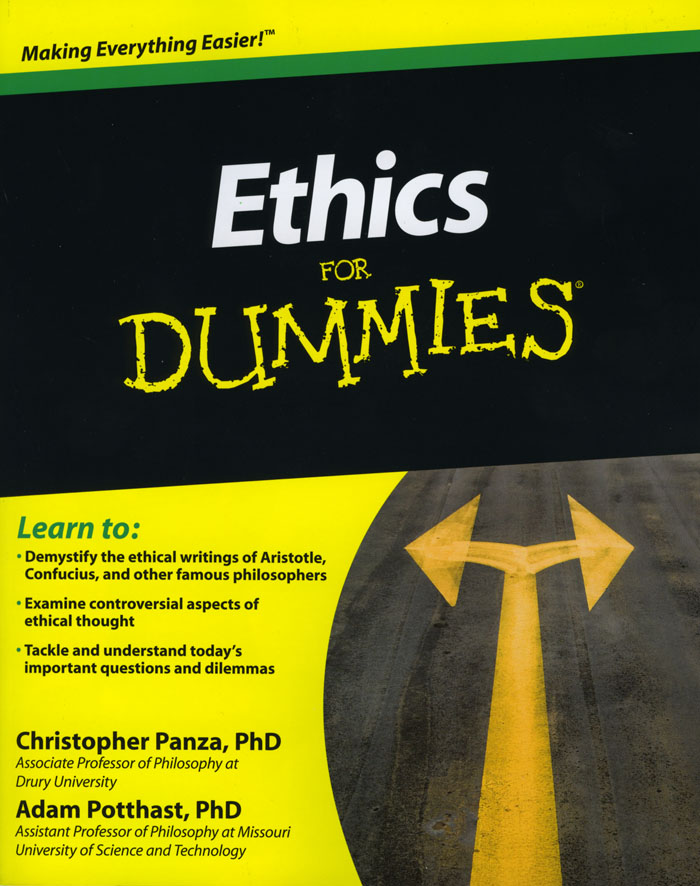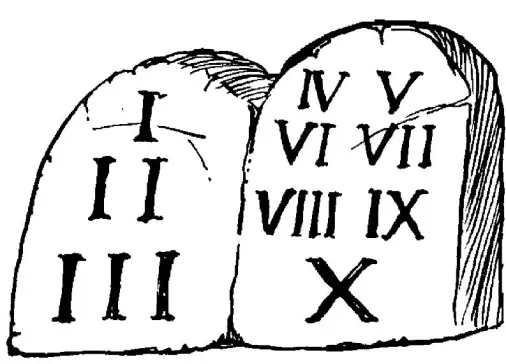
Every couple of years I have the opportunity to teach a course on the Ten Commandments to High School seniors and juniors. I always try to start the course with a one-question pop quiz that looks like this:
- Write down the Ten Commandments. (Don’t worry about writing them in order.)
Of course, a few students do write them all correctly and even in the order in which they are set forth in The Catechism of the Catholic Church. But usually students will forget one or another. I have not kept a record but “Thou shalt not bear false witness against thy neighbor” appears to me to be the most frequently forgotten commandment.
Occasionally in place of one of the commandments a student will substitute another precept “thou shalt not judge,” or “love thy neighbor as thyself.” Or even, in a desperate guess, “Be nice to everyone.”
It might not surprise you that the majority of students are not able to write them all down. And you will not see me casting stones, because I remember being somewhat foggy about the commandments as well!
The decisive benefit that accrues to the highschool teacher is the opportunity for clearing the fog away-especially about fundamental things like the commandments.
Happy is the teacher to whom this task is assigned!
As a matter of fact, I feel just a little like the blessed subject of the first psalm when David cries out,
Blessed is the man who hath not walked in the counsel of the ungodly, nor stood in the way of sinners, nor sat in the chair of pestilence. But his will is in the law of the Lord, and on his law he shall meditate day and night.
Now perhaps I do not meditate on the commandments “day and night,” but I figure that my students and I are making a fairly good start towards that goal by discussing them for 45 minutes four times a week.
If you didn’t already know, the commandments, or the “decalogue” as they are sometimes called, turn out to be of extraordinary significance. For example consider this:
Containing a summary of the entire natural law, the Ten Commandments embrace the complete moral code by which a human being may obtain happiness.
Think about it. How many books about ethics and right moral behavior are there?





How many authors have written about success and happiness?



The Ten Commandments scarcely fill a page and yet manage to encompass the entire moral life. Any author who wishes to write on the subject must perforce content himself with merely extrapolating or exemplifying the precepts contained in the commandments. There are no new moral principles by which a man should live than the ones already given to Moses on Mt. Sinai.
This is why Moses called the commandments “wisdom” in Deuteronomy when he said,
For this is your wisdom, and understanding in the sight of nations, that hearing all these precepts, they may say: Behold a wise and understanding people, a great nation.
Happiness is consequent upon the orderliness of our lives and especially consequent upon the orderliness of our loves. When we love well, we find happiness. But this implies that we not only love the right things, but that we also love those things in the right order. When we do this we find peace.
As St. Augustine says,
Peace is the tranquility of order

The commandments happen to be a set of laws that have been handed down to us in an order that is absolutely magnificent, nay, even Divine!
After all God, who is Wisdom, did not deliver his commandments to Moses in any old manner. No, according to Solomon, who speaks about Wisdom under the guise of a beautiful woman, Wisdom
…reacheth therefore from end to end mightily, and ordereth all things sweetly. Her have I loved, and have sought her out from my youth, and have desired to take her for my spouse, and I became a lover of her beauty.
Let me give you an example.
We all know that the commandments were written on two stone tablets because we read in Deuteronomy:
And he shewed you his covenant, which he commanded you to do, and the ten words that he wrote in two tables of stone.
And of course we all know the reason for this, right? Why of course, one tablet, the first, contains the commandments which address our relation to God Himself, and the other contains the precepts concerning our relations with our neighbor.
Now this consideration alone provides us with a rich soil for meditation. But what about the order of the commandments on each tablet? What about the order of the first three commandments for instance?
St. Thomas, teaches that there is an order.

In his little work (his “Opuscula”) on the Commandments St Thomas writes (commenting on the third commandment),
For we are first commanded to adore God in our hearts, and the Commandment is to worship one God: “You shall not have strange gods before Me.” In the Second Commandment we are told to reverence God by word: “You shall not take the name of the Lord your God in vain.” The Third commands us to reverence God by act. It is: “Remember that you keep holy the Sabbath day”. God wished that a certain day be set aside on which men direct their minds to the service of the Lord.
In other words we are to love God in our hearts (or thoughts), and in our words and in our deeds. I just love that order!
And this is just the beginning. This is just the tip of the iceberg. One already wonders, “Is there a similar order among the commandments on the second tablet?” Aren’t you dying to know?
As far as the usefulness of the ten commandments, I should think that this point is pretty clear. Does anyone want the secret to happiness?
Well then, if a happy life and a happy eternity are something to be valued, then so is an intimate knowledge of the commandments! Wisdom about God and his works is very useful. Wisdom about what God wants from us is also very useful. Studying the commandments gives us this wisdom. For Wisdom
……teacheth the knowledge of God, and is the chooser of his works. And if riches be desired in life, what is richer than wisdom, which maketh all things?






Pingback: “Do You’re kids KNOW the 10 Commandments” Re-blogged | On God's Payroll
Pingback: ‘Fiddler on the roof’ is vantage point to see social change | Webber Rough and Polished